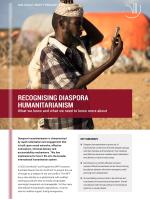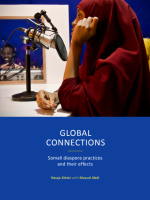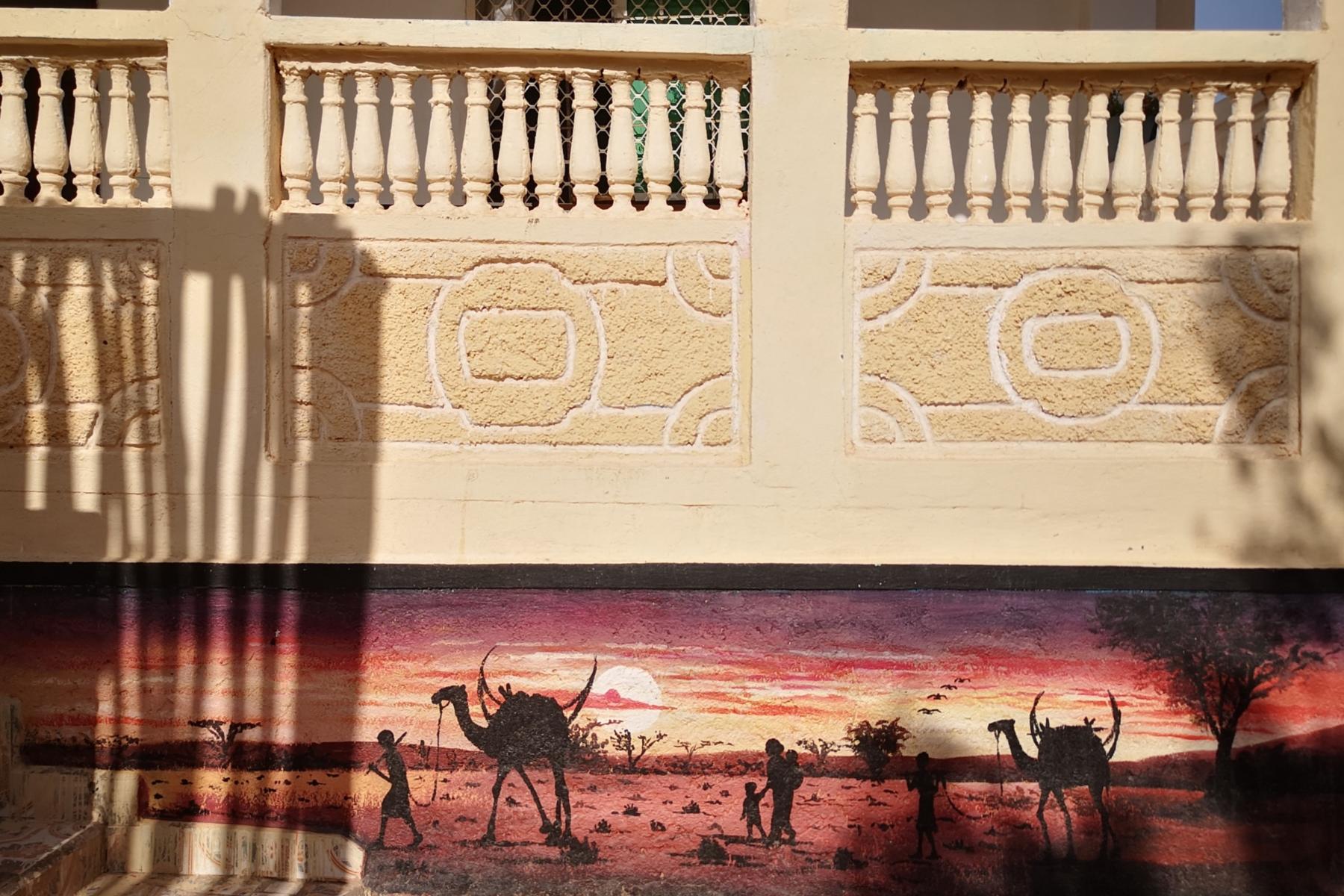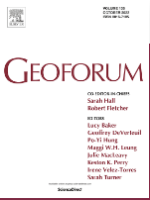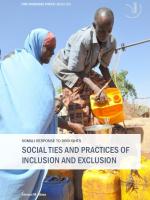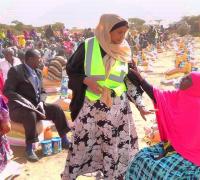Somali vernacular humanitarianism: Translocal emergency assistance during times of crisis
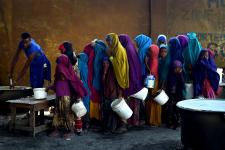
Drought, floods and conflict are recurrent phenomena in the Somali regions, as are local emergency support practices that take place outside the auspices of the international humanitarian system. Kinship and community members share and donate food, money and other kinds of support to people in need, drawing on long-established kinship practices and narratives of a snared nomadic heritage. In situations characterized by insufficient assistance from the state and the international humanitarian system, this is pertinent for coping during complex emergencies.
In the article ‘Somali vernacular humanitarianism: translocal emergency assistance during times of crisis’, Ahmed Musa, Peace Research Institute Oslo (PRIO) and Nauja Kleist (DIIS) explores the practices and mobilization repertoires of such emergency assistance in Somaliland. Drawing on interviews conducted by Musa as well as exploration of Somali terminology, poems and sayings, they make three contributions.
First, they consider the long history of such humanitarianism ‘at home’, illustrated through Somali language idioms and notions that highlight the importance of kinship, connection and mutuality. Second, they argue that emergency practices have transformed in scale, operation and efficiency through the last three decades, owing to the dispersal of Somalis across the globe and the consolidation of a global diaspora and multi-sited connections. Vernacular emergency assistance thus forms the basis that diaspora humanitarianism extends from, rather than the other way around.
Vernacular emergency assistance thus forms the basis that diaspora humanitarianism extends from, rather than the other way around.
Finally, Musa and Kleist discuss the current concerns over diaspora youth as being less embedded in kinship logics and less conversant in the Somali language. Here they argue that rather than terminating Somali emergency assistance, this situation is an expression of re-embeddedness and new constellations of connectivity that may transform emergency assistance, with new mobilization repertoires and humanitarian actors.
Ahmed Musa was a postdoc at the Diaspora Humanitarianism in Complex Crises (D-Hum) collaborative research project between 2020-2023. He is currently a senior researcher at Peace Research Institute Oslo (PRIO).
The article is published in Bildhaan: An International Journal of Somali Studies.
DIIS Experts


